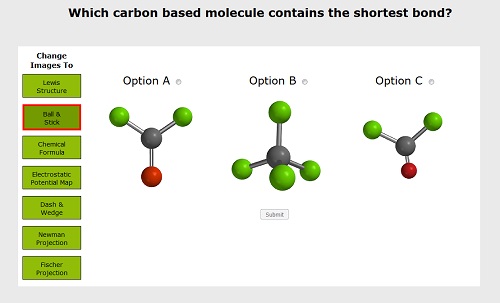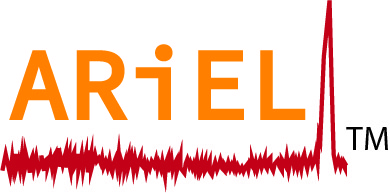Chemistry Education Research
Here are some of our current research interests:
Systems Thinking and Writing about Chemistry Applications in General Chemistry
Key collaborators: Annabelle Lolinco, Graduate Student, Peter Mahaffy, Kings University and the IUPAC Systems Thinking Project
The next generation science standards have included several cross-cutting concepts as part of the desired learning for students of science. Once such concept is "systems thinking". It can be argued that the general chemistry course curriculum of the past few decades has not done much to enhance the ability of students to look at chemistry within a systems context. We are working on several aspects of how this traditional gap might be addressed. First, we used contexts that are amenable to introducing systems thinking in the teaching of general chemistry. We then assessed and aid student learning to make broader contextual connections. The assessment is directed both towards establishing student learning within the context (such as environmental chemistry issues) and in establishing that traditional content knowledge is not sacrificed to any significant extent. Students learn how to write about how science connects to society and several modes of engagement has been employed to enrich students’ learning.
Student navigation of molecular representations as part of assessment
Key personnel: Jack Polifka, HCI Graduate Student, John Baluyut, Former Graduate Student

We have designed a tool that works within an on-line assessment system. This application, called the Variable Representation Assessement or VRA, not only asks students questions about chemistry content, it allows them to switch among several possible representations of the molecules that are provided as possible answers (in a multiple choice question sense). The system has been implemented for questions related to general chemistry and organic chemistry thus far. By tracking not only whether or not students answer questions correctly, but also what representations they use to do so, we can gain additional knowledge about how students think about molecules and the models we use to visualize them. More information about the VRA can be found here.
Augmented Reality in Educational Laboratories (ARiEL)
Jiwoo An

Instrumentation in the laboratory plays a vital role in how scientists interrogate nature. For novice learners, however, the need to use instruments in laboratory settings is often a source of anxiety. The idea of having information immediately available to students in the laboratory that (a) helps them use instrumentation correctly; (b) provides insights into how the instruments contribute to the experiment at hand and (c) provides readily found information about the operations and data quality of the instrument. This project develops and tests augmented reality interfaces to accomplish these tasks. More information about ARiEL can be found here.